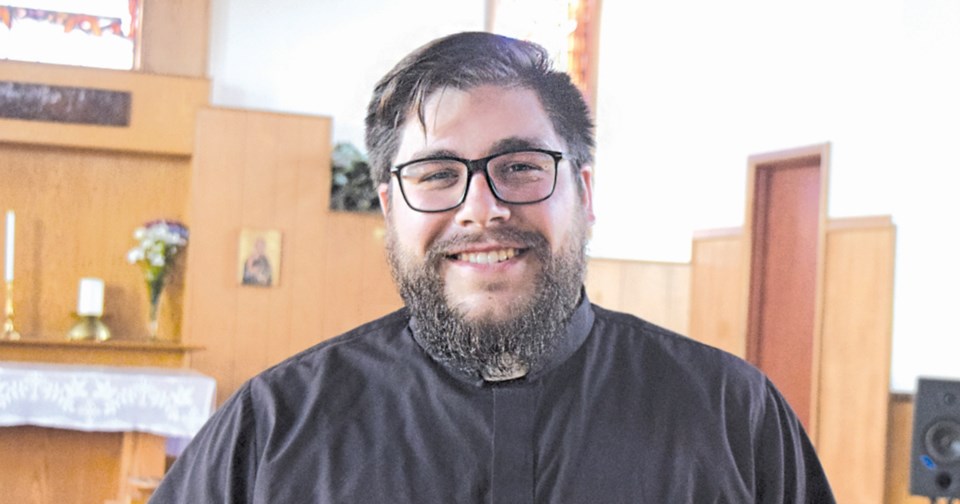A few weeks ago, Christians across the world celebrated Pentecost Sunday.
Pentecost was that moment 2,000 years ago when the Holy Spirit descended upon the followers of Jesus who were gathered in Jerusalem. It descended upon a community that was broken by poverty, disease, and political corruption.
With the Holy Spirit, these early Christians worked to heal their community. Many people, rich and poor, converted to this new Christian movement.
“The whole group of those who believed were of one heart and soul, and no one claimed private ownership of any possessions, but everything they owned was held in common,” said Acts 32-35.
The rich sold their land, gave their money and possessions to the Apostles, and the Apostles distributed it to people in need.
I find this beautiful description of the early Christian community inspiring. It was egalitarian and communal: the rich discovered they no longer needed to hoard their wealth in order to survive, while the poor found relief from poverty and were able to live.
This early Christian community was the fruit of Christ’s ministry.
It is a real-life manifestation of Jesus’ proclamation: “The Spirit of the Lord… has anointed me to bring good news to the poor… to proclaim release to the captives and recovery of sight to the blind, to let the oppressed go free…”
Jesus spoke to a society that had pushed him, and the people he loved, to the margins. His mission was to bring God’s liberation to the oppressed. Many people who had a place in society found Jesus’ message uncomfortable and threatening. In the end, they crucified him for the things he said.
Like Jesus, we live in a society that frequently casts a blind eye to the people who have been pushed to the margins. Our political and economic systems, like liberal democracy and consumer-capitalism, have benefited many people, myself included. But there are many people it has not helped. Did you know that 11.2 per cent Humboldt residents live on a low income? Or that 43.4 per cent families who rent homes in Humboldt spend more than 30 per cent of their household incomes on rent? Is it possible that workers are not paid wages that allow them to access the basic necessities humans need to survive?
Jesus calls to us from the margins and challenges the comfortable lifestyles of people in the middle class and our often willful blindness towards poverty. He reminds us that the fruit of Christian faith is found in helping the people around us and creating a safe community where everyone can prosper.
In Humboldt, we have organizations like the Soup Kitchen and the Good Neighbour Store who live out this central aspect of the Christian faith. These organizations provide food and household items for people who are economically challenged. Their endeavours to help those in need in our community may seem like an impossible task but, as the early Christians remind us, with the Holy Spirit all things are possible.



